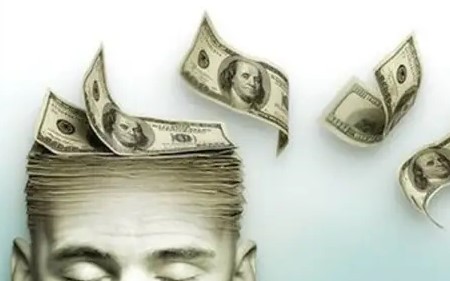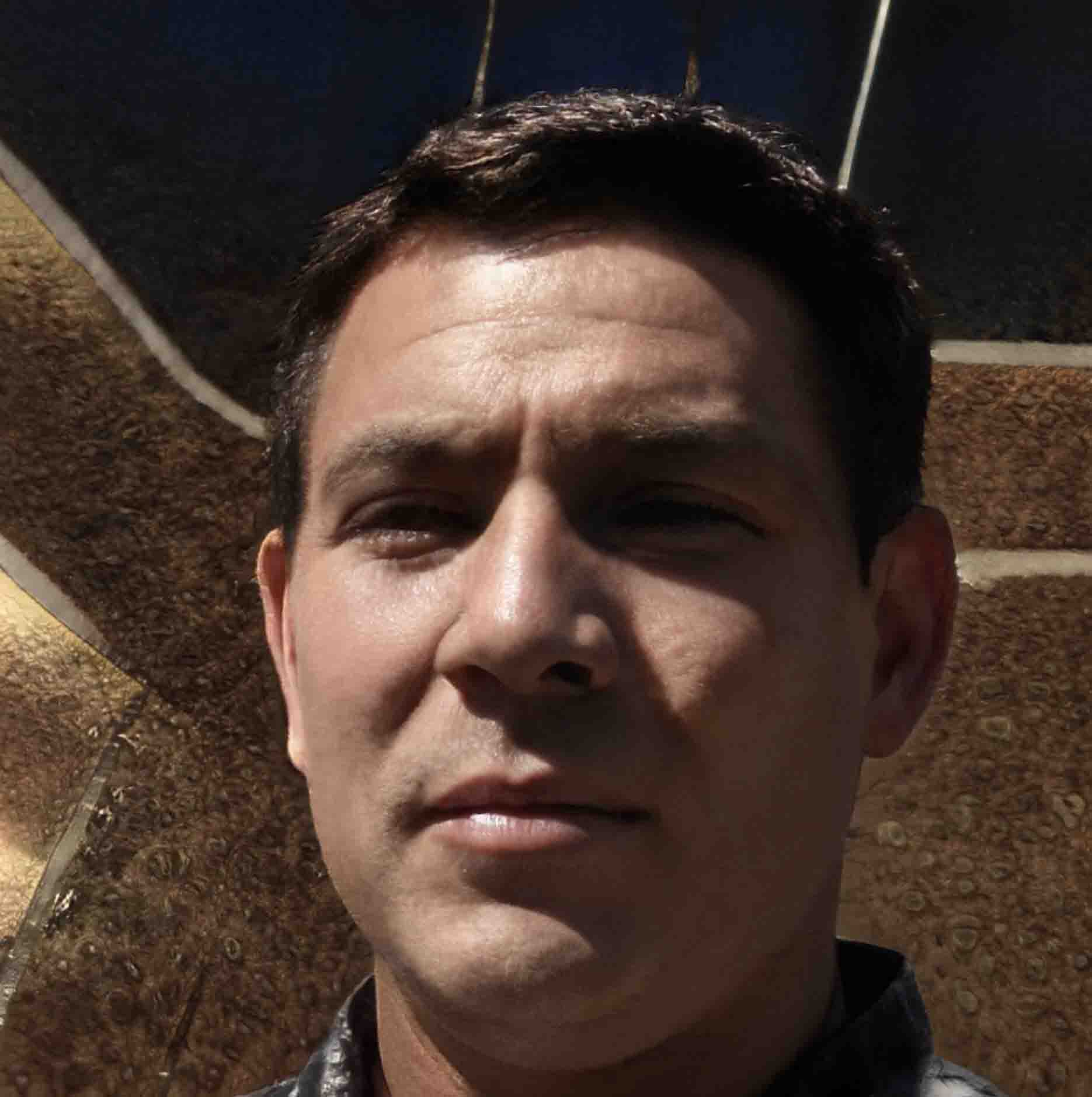Learn how to kick the spending habit in four steps
 Paul Roberts
23 / December / 22
Visitors: 919
Paul Roberts
23 / December / 22
Visitors: 919
It's time to confess to inveterate wastefulness.
This habit is usually rooted in early childhood, when a lack of money in the family leads to envy of people who can afford to eat, for example, branded cereal or have refrigerators with ice cube dispensers in the doors.
For some people, money represents freedom, opportunity, security or peace of mind. For others, it is a barrier to achieving goals and dreams. For this reason, they cannot afford to do the things they would like to do in life.
Different people react differently to growing up with a lack of money. Some remain diligent savers and engage in long-term planning to avoid a similar fate in adulthood.
Others learn to be content with what they have. I became a materialist and sought to prove that I was "worth" as much as other people who had expensive houses, cars, and clothes. I'm not proud of it, but that's the way it was. I know I am not the only one.
Through time, study, experimentation, and deeper introspection, I have replaced self-sabotage with habits of thought and behavior that improve my condition both financially and psychologically. If you are trying to control your spending, whether habitual or casual, I hope that the process I have tried to outline here will help you make more informed choices that satisfy your desires without undermining your financial security.
Four Steps to Fight Your Excesses
Step 1: Excessive spending is a problem, accept it.
Stop rationalizing and start admitting your weaknesses. In what areas of your life where do you tend to overspend?
Perhaps you get carried away buying too many Christmas gifts. Maybe you buy too many glasses of wine when you go out to dinner. You may have all sorts of excuses, such as, "I deserve it!" Your friends may encourage you to "treat yourself." Whatever the reason, you can't make a difference until you know what to focus on.
Here are some tips to help you:
- Think back to a time when you were angry at yourself for spending money or spending too much.
- What did you buy or make?
- What emotions did you feel before and immediately after you did it?
This is probably the most difficult step because it requires honest introspection. The more honest you are, the more you can identify your true motives and make long-term changes in your behavior more readily available.
For example: "I feel the urge to spend money when I am bored, depressed, or unsure of myself. If I don't feel good about myself, I am tempted to improve my closet or home. At first I feel good about myself, but that feeling is quickly replaced by anxiety and regret. In the end, excessive spending costs me more than it should, in terms of peace of mind and self-respect."
The problem is identified, the emotion is named. This is the first step.
Step 2: Identify your needs.
Learn the language of needs and strategies in financial management. This is fundamental to making changes that are deeply satisfying.
In a nutshell, everything you do with your money is a strategy to meet a basic human need. Needs are universal and apply to everyone, everywhere. They fall into the following three basic categories:
- survival
- security
- love and possession
- respect
- meaning
Some of the strategies we use to meet our needs are effective and some are not. The trick is to find a strategy that is both accessible and useful to you as an individual.
When you adopt a needs-based perspective, you analyze the motivation behind spending, discovering new ways to meet your needs without spending more than you can afford. Use the tips in step one to determine exactly what need(s) are being met by this spending. Then think about the needs that are threatened by overspending.
When you learn to think this way, "I need a new suit" will turn into "I need to feel confident." There are many ways to accomplish this goal, and they don't necessarily require overspending. In fact, irresponsible spending can undermine your self-esteem in the long run.
Step 3: Brainstorm for new strategies.
When you focus on a particular strategy, you may be short-sighted and see only this or similar options. When you pay more attention to the need that motivates that strategy, a variety of other possibilities emerge.
In the clothing example, if self-confidence and self-expression are identified as motivations, you can develop a strategy to meet those needs and thus reduce or even eliminate costs.
Try observing yourself in a supermarket. How you fill your shopping cart, especially when you are driven by negative emotions. If you've stuffed everything in it and suddenly realize what you're doing - just drop the cart right at the point of awareness of your habit and walk away! It will be a liberating and empowering action that will improve your mood more than any purchase. When the realization comes that the overwhelming urge to spend is rooted in insecurity, there is strength to respond more effectively to the real need: sleep, reflection, time with friends, or a good workout that won't cost anything.
If giving up spending completely is unrealistic, you can reduce it. Spending less is better than doing nothing.
Here are some examples of strategies that can help you limit your spending:
- A new piece of clothing bought on sale can be just as awesome as any expensive item
- Inexpensive gifts made with love are often appreciated much longer than expensive gadgets.
- Resisting peer pressure may do you more good than approval.
- The cheapest drink on the menu will still allow you to relax with friends.
Carefully consider one or two alternatives before entering an environment where you will be tempted. Immediately solving problems with shopping is the most unfortunate thing you can do. If you write down your alternative strategies on a piece of paper and keep it in your wallet, the next time temptation arises, it will be easier for you to come up with an alternative because you have already thought about it.
Step 4: Try something new.
Excessive spending is not something that is talked about openly, so there won't be crowds of people applauding you when you avoid temptation. You may have to pat yourself on the back. It may be difficult, but realize that others are just like you. Millions of people struggle with excessive spending, and you can be proud of your decision to change that situation.
Some days it will be easier and some days it will be harder. If the thought of relapsing into excessive spending fills you with despair rather than pride, tear a page out of the reformed addict's manual and focus on today. Can you find alternatives to spending money just for today? If so, take action! Tomorrow you can determine if you want to do it again.
Changing habits takes time and repetition. One way to establish a new habit is to immediately reward yourself for doing something new rather than what you are used to doing. The reward doesn't have to be big. Put a gold sticker in your calendar or journal for that day and write down what you did and why you feel proud of it. Something as simple as a mental "Well done!" can help.
But make sure you bathe in a sense of accomplishment and self-worth for at least a moment every time you resist temptation. This will solidify your new pattern of behavior.
You will probably experience some resistance. No problem. Overcoming this vice is not easy. You will experience victories and failures, but progress will come with time if you persevere.
This material was wrote by support of the addstory.info
We have compiled a complete Bad Reputation Brokers.

Paul Roberts
Paul Roberts 51 years old Born in Edinburgh. Married. Studied at University of Oxford, Department of Public Policy and Social Work. Graduated in 1997. Works at Standard Life Aberdeen plc.






